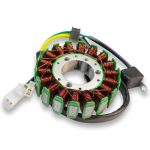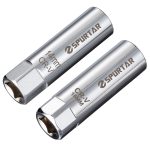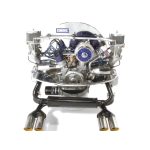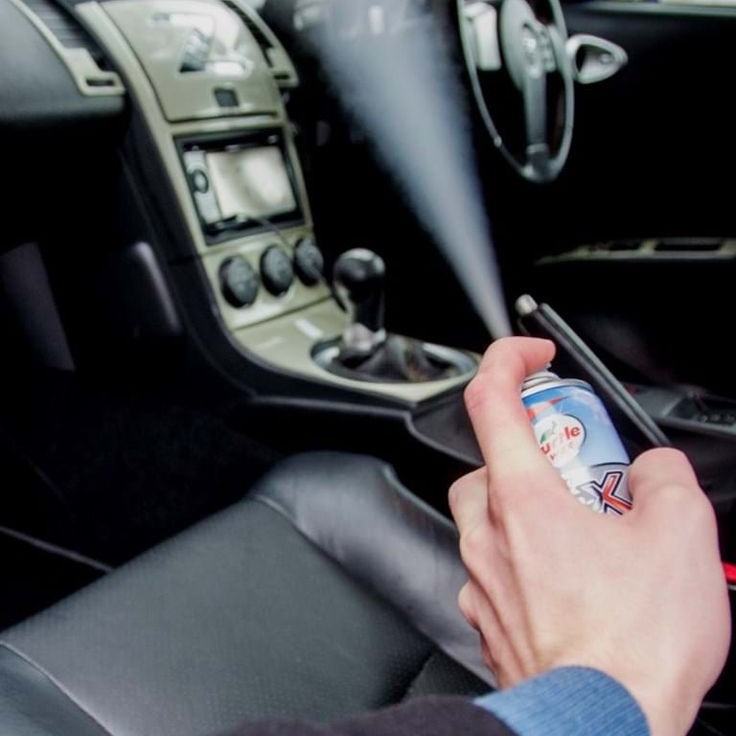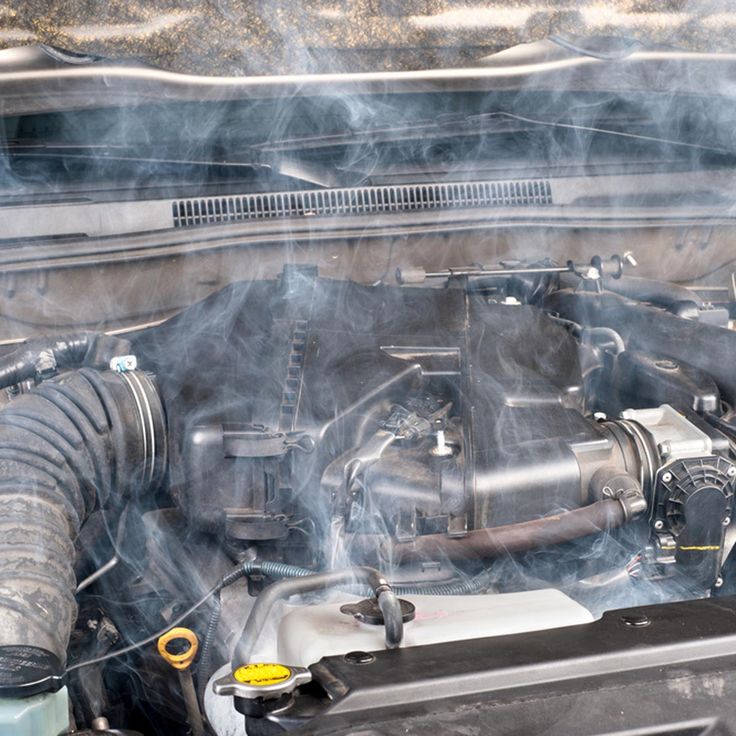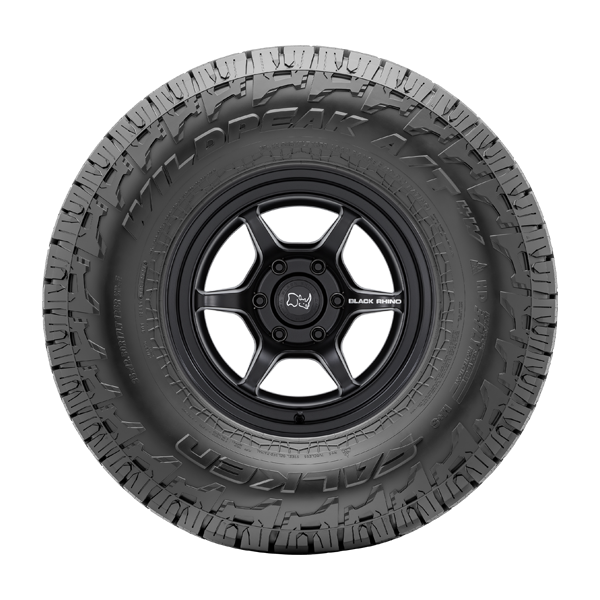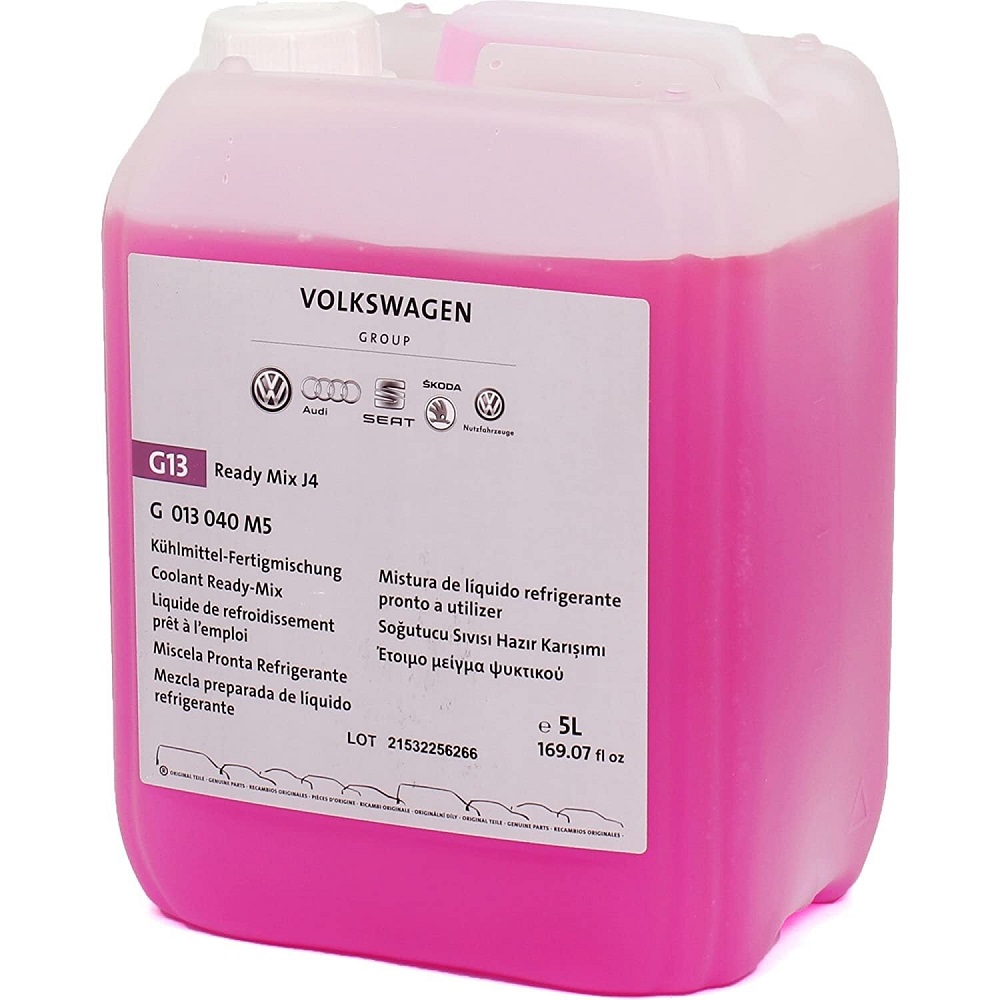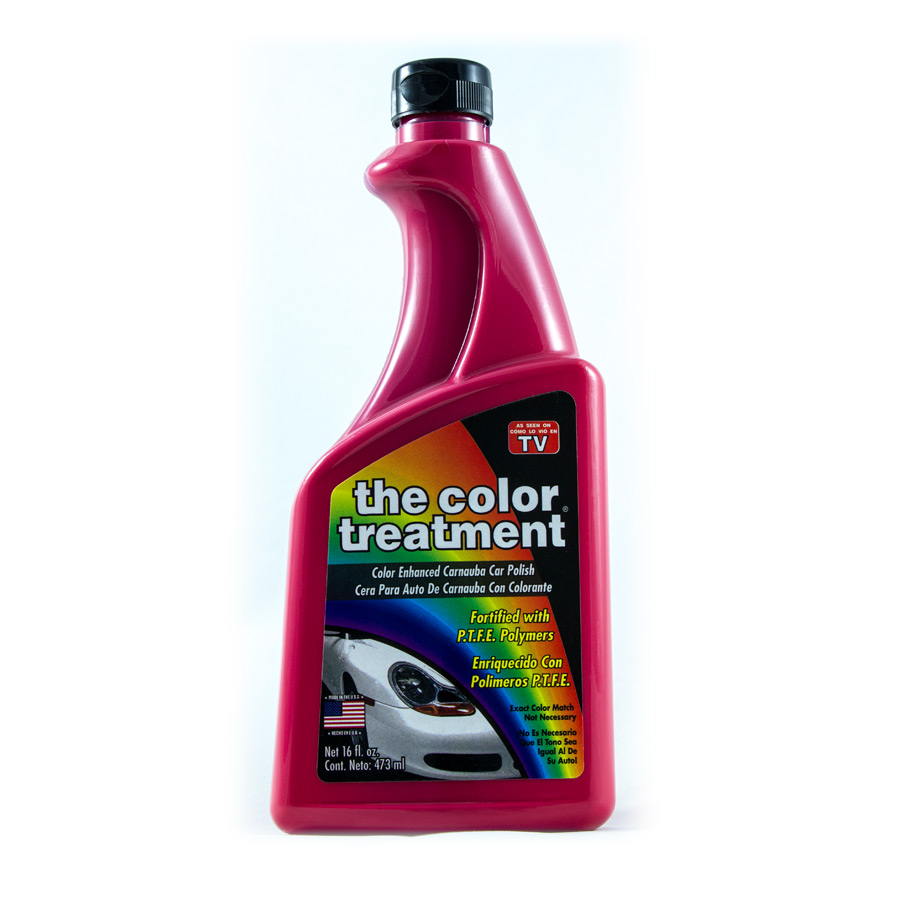Common Causes of a Burning Oil Smell in Your Car
A burning oil smell in your car usually hints at an underlying issue. Identifying the cause 0f car smells like burning oil quickly can prevent further damage or risks. Below are the most common reasons:
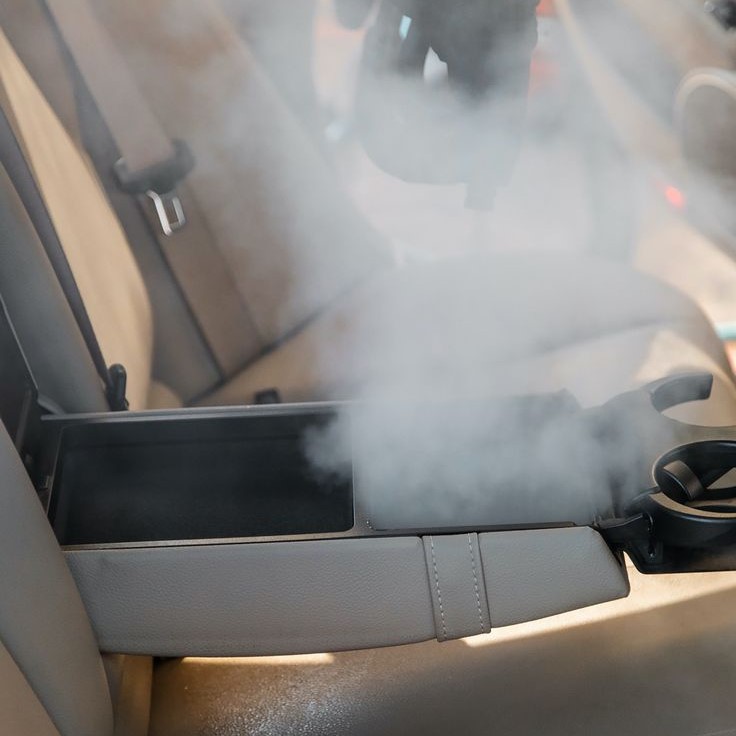
Oil Spillage During an Oil Change
Sometimes, oil spills accidentally during an oil change. When spilled oil touches the engine or exhaust, it burns, releasing a strong odor. This can linger until the residue is cleaned properly. To avoid this, ensure technicians clean up spills during maintenance.
Leaking Gaskets or Seals
Oil gaskets and seals maintain oil circulation within the engine. Over time, they can wear out, leading to leaks. Leaked oil may drip on hot engine parts, causing a burning smell. Replacing worn gaskets or seals promptly can prevent this issue.
Worn-Out Valve Covers
Valve covers protect the engine’s top components and prevent oil leaks. Damaged or cracked valve covers might allow oil to leak onto hot surfaces. This not only creates a burning smell but may also reduce engine efficiency. Regular inspections can catch early signs of valve cover failure.
Overheated Engine Components
Engines can overheat due to low coolant levels or faulty fans. Excessive heat can burn residual oil or cause leaks. This often produces a burning oil smell. If your engine overheats frequently, inspect it without delay to avoid severe damage.
Understanding these common causes can help you address the problem before it worsens. Regular inspections and maintenance are key to preventing most of these issues.
Signs Your Car Is Burning Oil
A car that smells like burning oil might signal oil-related problems. Knowing the signs is crucial for prompt action.
Blue or Gray Exhaust Smoke
One key sign is unusual exhaust smoke. Burning oil often produces blue or gray smoke. This happens when oil leaks into the combustion chamber and mixes with fuel. Such smoke could appear when starting the car or during acceleration. If you notice this, inspect your engine right away to address potential oil leaks.
Unusual Oil Consumption
Another indicator is frequent oil refills between regular changes. Burning oil can cause faster consumption. You might notice your car’s oil levels dropping despite no visible leaks. This can stem from worn-out gaskets or seals allowing oil to seep. Keeping track of your oil levels helps identify consumption issues early.
Recognizing these signs can save your car from bigger problems. Regular checks and maintenance are essential to avoid serious damage.

Potential Risks of Ignoring a Burning Oil Smell
Ignoring a burning oil smell in your car can lead to serious consequences. It’s important to understand the following risks and act immediately to prevent further damage.
Engine Damage Due to Low Oil Levels
Consequences of Low Oil Levels
- Overheating of the Engine: When oil levels are low, the engine may begin to overheat. Oil helps manage temperature by carrying heat away from critical components. Insufficient oil limits this cooling effect, leading to increased heat buildup.
- Accelerated Component Wear: Low oil levels contribute to faster wear and tear of engine components. Moving parts experience more friction without adequate lubrication, which can lead to premature failure.
Symptoms of Low Oil Levels
- Burning Oil Warnings: If you notice a burning oil smell or see smoke coming from the engine, this could indicate low oil levels. Burning oil often signals that there’s a leak or excessive oil consumption.
- Oil Warning Lights: Most modern vehicles are equipped with oil warning lights on the dashboard. If this light illuminates, it is crucial to check the oil levels immediately, as it indicates that the oil pressure is low.
Causes of Low Oil Levels
- Oil Leaks: Leaking oil can occur from various engine seals and gaskets. Over time, these seals can wear out, leading to dripping or pooling oil underneath the vehicle.
- Excessive Oil Consumption: Some engines consume more oil than normal due to wear or damage. This may be indicative of issues such as faulty piston rings or valve seals.
Potential Severe Engine Damage
- Piston and Cylinder Failure: If low oil levels remain unchecked, the engine may suffer significant damage, including piston or cylinder failure. This occurs when metal components grind together due to insufficient lubrication, resulting in scratches or seizures.
- Complete Engine Seizure: In extreme cases, prolonged low oil levels can lead to complete engine seizure, which renders the engine inoperable and usually requires a costly replacement.
Importance of Regular Maintenance
- Checking Oil Levels: Regularly checking engine oil levels is essential for maintaining engine health. This simple maintenance task can help identify low oil levels before they lead to serious damage.
- Owner Responsibility: Owners should make it a habit to check oil levels at least once a month or before long trips. Doing so can help ensure the engine is adequately lubricated.
Addressing Concerns Promptly
- Taking Immediate Action: If oil levels are found to be low, it’s crucial to address the issue right away. This may involve adding oil to the engine, identifying leaks, or consulting a mechanic for further inspection.
- Regular Oil Changes: Replacing old oil with new oil at regular intervals keeps the engine clean and maintains optimal lubrication. Follow the manufacturer’s recommendations for oil change intervals.
Fire Hazards from Oil Leaks
Leaking oil can drip onto hot engine or exhaust parts, creating a significant fire hazard. Over time, the heat can ignite the oil, leading to dangerous situations. Fires caused by oil leaks are rare but can result in extensive car damage or personal injury. Any oil leaks should be cleaned and repaired immediately to minimize fire risk.
Taking the burning oil smell seriously can save you from costly repairs and safety issues. Early diagnosis and maintenance are key to avoiding these risks.
Diagnosing the Source of the Burning Oil Smell
Identifying why your car smells like burning oil is essential for a proper fix. A systematic diagnosis helps pinpoint the root cause effectively. Here’s how to start:
Inspecting the Engine Bay for Leaks
Open the hood and examine the engine bay for visible oil leaks. Check common areas like the valve covers, oil pan, and around the gaskets. Look for wet or greasy spots. If you spot oil buildup or residue, it may indicate a leaking gasket or seal. Pay attention to any fresh oil dripping, as it suggests an ongoing leak. Address leaks quickly to prevent further damage.
Checking for Dripped Oil on Hot Surfaces
Inspect areas near the engine and exhaust for burnt oil residue. Oil dripping onto hot surfaces, like the exhaust manifold, can create a strong smell. Use a flashlight to detect oil stains or burnt patches. Check underneath the car for oil puddles or stains on the driveway. Cleaning any oil residue promptly is essential to reduce the risk of fire and persistent odors.
Careful inspection can help identify the problem before it worsens. If needed, consult a mechanic for an expert assessment.
How to Fix a Burning Oil Smell in Your Car
Addressing the burning oil smell requires targeted actions. Fixing the root cause prevents future issues.
Replacing Damaged Gaskets and Seals
Worn-out gaskets and seals often lead to oil leaks. Leaked oil burns on hot engine parts. Start by identifying the damaged seals and gaskets. Common areas include valve covers, oil pan, and engine heads. Purchase replacement parts that match your car model precisely. Carefully remove the old seals or gaskets using basic tools. Clean the area thoroughly before installing new ones. Install replacements with attention to proper placement and tightening. Always follow the manufacturer’s torque specifications to secure them properly. Ensure no residual oil is left around the replaced area.
Cleaning up Oil Residue Around the Engine
Importance of Cleaning Oil Residue
- Understanding Hazards: Leftover oil residue around the engine poses significant safety concerns. It can lead to persistent odors that are unpleasant and distracting. More importantly, this residue can create fire hazards, especially near hot engine components.
- Preventing Accumulation: Regular cleaning prevents the buildup of oil deposits, which can attract dirt and grime, worsening the condition and making future cleaning more difficult.
Locating Burned Oil Spots
- Visual Inspection: Begin the cleaning process by thoroughly inspecting the engine. Look for burned oil spots and identify all areas where oil has accumulated.
- Using a Flashlight: Utilizing a flashlight can be particularly helpful in revealing residue in darker, harder-to-see areas. Focus on tight spots where oil is likely to collect, such as near the exhaust manifold and engine block.
Applying Cleaning Solutions
- Choosing the Right Cleaner: Select a degreaser specifically designed for automotive use or prepare a soapy solution with mild dish soap mixed with water. These will be effective in loosening sticky oil deposits.
- Application Method: Liberally apply the degreaser or soapy solution to the affected areas, allowing it to penetrate and break down the oil residue. This makes the actual cleaning process much easier.
Removing Stains Safely
- Using Appropriate Tools: To remove the loosened stains, use a soft brush (like a nylon bristle brush) or a lint-free cloth. These tools will help scrub away the residue without damaging sensitive engine components or surfaces.
- Gentle Scrubbing: Employ gentle scrubbing motions to avoid scratching or harming the engine. Take your time to ensure effective cleaning without causing additional damage.
Water Usage Precautions
- Avoiding Excessive Water: While it may be tempting to use large amounts of water for cleaning, it’s vital to avoid excessive use, especially near sensitive electrical components. Water intrusion in these areas can lead to short circuits or electrical failures.
- Alternative Approaches: Instead of rinsing extensively with water, consider using damp cloths to wipe down surfaces as needed. This will reduce the risk of water-related problems while still effectively cleaning the engine.
Tackling Hard-to-Reach Areas
- Utilizing Tools for Accessibility: For areas that are difficult to reach, employ small brushes or detailing brushes that are designed to get into tight spots. These brushes are excellent for precise cleaning without disassembly.
- Using Compressed Air: In addition to brushes, consider using compressed air to blow dirt and debris out of tight crevices. This can be particularly effective for clearing away stubborn residue.
Safe Disposal of Oil-Soaked Materials
- Environmental Responsibility: After cleaning, dispose of any oil-soaked rags, cloths, or materials properly. These items can be hazardous to the environment, so they need to be disposed of at designated hazardous waste disposal facilities.
- Avoiding Pollution: Never dispose of oily materials in regular trash or down drains, as this can lead to soil and water contamination.
Final Inspection
- Re-Examine Areas Visually: Once the cleaning process is complete, conduct a thorough inspection of the cleaned areas to ensure that no residue remains. This step is critical in identifying spots that may need further attention.
- Ongoing Maintenance: Keeping your engine clean not only enhances its appearance but also helps reduce fire risks and improves overall performance. Regular maintenance checks can prevent future buildup of oil residue.
Preventing Future Burning Oil Smells
Preventing a burning oil smell in your car involves proactive care and regular attention. Simple steps can save you from costly repairs and potential hazards. Here’s how you can keep the issue at bay:
Routine Oil Changes and Maintenance
Regular oil changes are crucial for engine health. Old or degraded oil can harm engine components. Follow the oil change schedule recommended in your car’s manual. Always use the correct type and grade of oil for your vehicle. During oil changes, ask the technician to clean up spills thoroughly. Routine maintenance also includes checking for worn gaskets, seals, and other potential leak sources. Early detection of minor issues during these checks can prevent larger problems later.
Monitoring Engine Performance Regularly
Keep an eye on your car’s engine performance to catch issues early. Watch for unusual smells, warning lights, or smoke from the exhaust. Check oil levels every few weeks to ensure they remain stable. A sudden drop could indicate a leak or excessive consumption. Listen for odd noises from the engine, which can signal internal problems. Address overheating issues immediately to avoid burning oil smells and engine damage. Regular inspections help you spot abnormalities before they escalate.
Preventive measures, such as proper maintenance and monitoring, can reduce the risk of burning oil smells. Investing time in these habits enhances your car’s safety and extends its lifespan.
When to Seek Professional Help
Sometimes, even after attempting repairs, issues with your car persist. Knowing when to seek expert assistance can prevent further damage and ensure safety.
Persistent Smell Despite Repairs
If the burning oil smell continues after fixing leaks or cleaning residue, consult a mechanic. Persistent odors may signal deeper engine issues, like internal oil leaks or overheating. Relying on professional diagnostics ensures the problem is properly identified and fixed. Ignoring lingering smells can lead to costly damage over time.
Unusual Sounds or Spikes in Engine Temperature
Odd engine noises, such as knocking or tapping, often indicate internal malfunctions. These sounds, combined with temperature spikes, could mean severe overheating or worn-out parts. Both problems can worsen quickly if left untreated. Skilled technicians have tools to pinpoint the source and rectify issues efficiently. Waiting too long to address these symptoms risks significant engine failure.
Recognizing these signs early and seeking professional help protects your car from extensive repairs and ensures safety on the road.
Conclusion: Act Fast When You Smell Burning Oil
In conclusion, if your car smells like burning oil, do not ignore the warning signs. Prompt action can prevent a minor issue from evolving into a major repair. Regular maintenance, such as oil changes, fluid checks, and inspections, will significantly reduce the chances of encountering this problem.
Understanding the underlying causes is crucial. From oil leaks to overheating engines, many factors contribute to the burning smell. When in doubt, consult a professional mechanic to diagnose and rectify the issue swiftly. By taking these precautions, you can keep your car running smoothly and safely. Never hesitate to act if you notice a burning oil smell; your vehicle’s longevity depends on your responsiveness.
